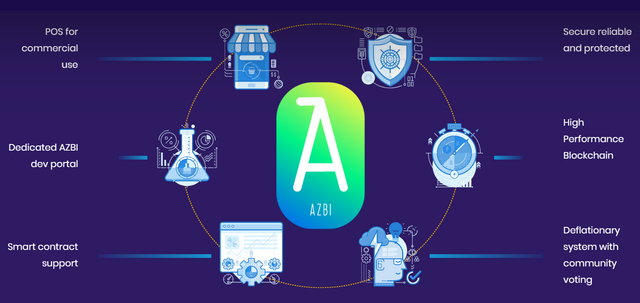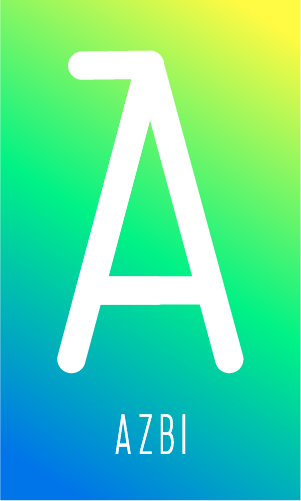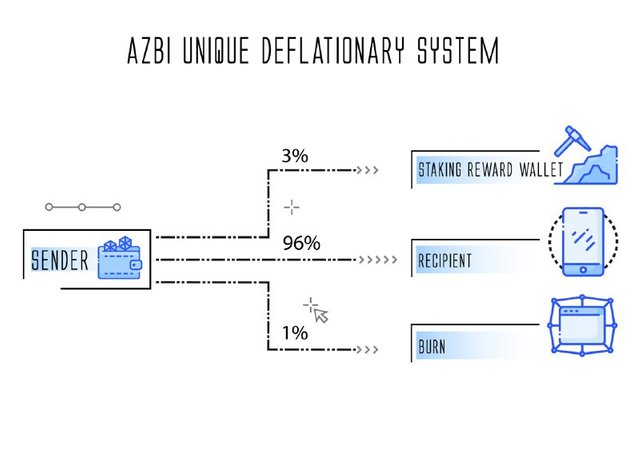
Credit
INTRODUCTION
The current trend of technology, has made the constant development of any idea, a product of time. This has been the typical case of blockchain and its technology. Blockchain started as just a means of financial liberation through bitcoin. However, the acceptance of its technology led to greater growth and the development of Ethereum. Through Ethereum, smart contracts where developed and also, decentralized applications.
A smart contract can be described as a secured stored procedure developed to digitally facilitate, verify and enforce the conditions or performance of a contract. Smart contracts constitutes many kinds of contractual clauses which can be partial or fully self-executing, self enforcing, or both. It aims at improving security and reducing the costs associated with contracting. Smart contracts allow the performance of credible transactions without third parties. These transactions can be tracked real time and are usually irreversible. In a typical smart contract, the contract code defines the logic and conditions based on which the loaded money can be moved out of the contract. Currently, the use of smart contracts has been envisioned to be beyond the exchange of cryptocurrencies and financial settlements. Smart contracts offer better business process automation, stronger guarantees for the parties involved coupled with an improved transparency of transactions.
THE AZBI SMART CONTRACTS

Credit
The AZBI network develops smart contracts for non-native token users through cross chain calling. Cross chain fosters communication in the blockchain network. It models the blockchain protocol in an internet-like system. The AZBI smart contracts utilizes and supports the use of tokens like BCH and ERC20 protocol, facilitated by the tools of the AZBI network.
THE AZBI SMART CONTRACT

Credit
The AZBI smart contract idea encompasses the use of the tools provided by the network on other blockchains. This enable the use of native smart contracts with token from other blockchain. The tokens are acquired initially through a protocol by way of a smart data driven knowledge graph. Notably, when acceptance grows, the AZBI token number would grow to reach a convertible number. In this case, the AZBI token is sent to the off chain token. The conversion to off chain tokens requires a corresponding token amount, that can consume the amount of off platform tokens, created by triggering the smart contract.
The smart contract will operate via the OP_RETURN protocol. This protocol will transmit a limited amount of information, and will be used to facilitate the adding of newer instructions for carrying more information in the future. When a defined amount of tokens are obtained, via the ERC 20 protocol, a corresponding conversion has to be made to trigger the AZBI smart contract.
Note, the AZBI smart contracts supports the Ethereum virtual machine and can issues tokens on the Ethereum blockchain.
CONCLUSION
The smart contracts of the AZBI network might be the game changer for smart contracts operations. It will function via a universal approach. This will allow third party developers to bring forth new ideas into smart contract development.
And the AZBI network will have the ability to access a variety of external public blockchains which has been lacking in the crypto industry.
USEFUL LINKS
website: https://azbi.io/
Whitepaper: https://azbi.io/stake/azbi_wp_2020.pdf
Medium: https://medium.com/@azbi
Linkedin: https://www.linkedin.com/company/42436236
Twitter: https://twitter.com/azbi_io
Telegram Official: https://t.me/azbi_io
Telegram Bounty: https://t.me/azbi_bounty
AUTHOR’S DETAILS
Bitcointalk Username: Nancyo
Bitcointalk Profile: https://bitcointalk.org/index.php?action=profile;u=2759950;sa=summary